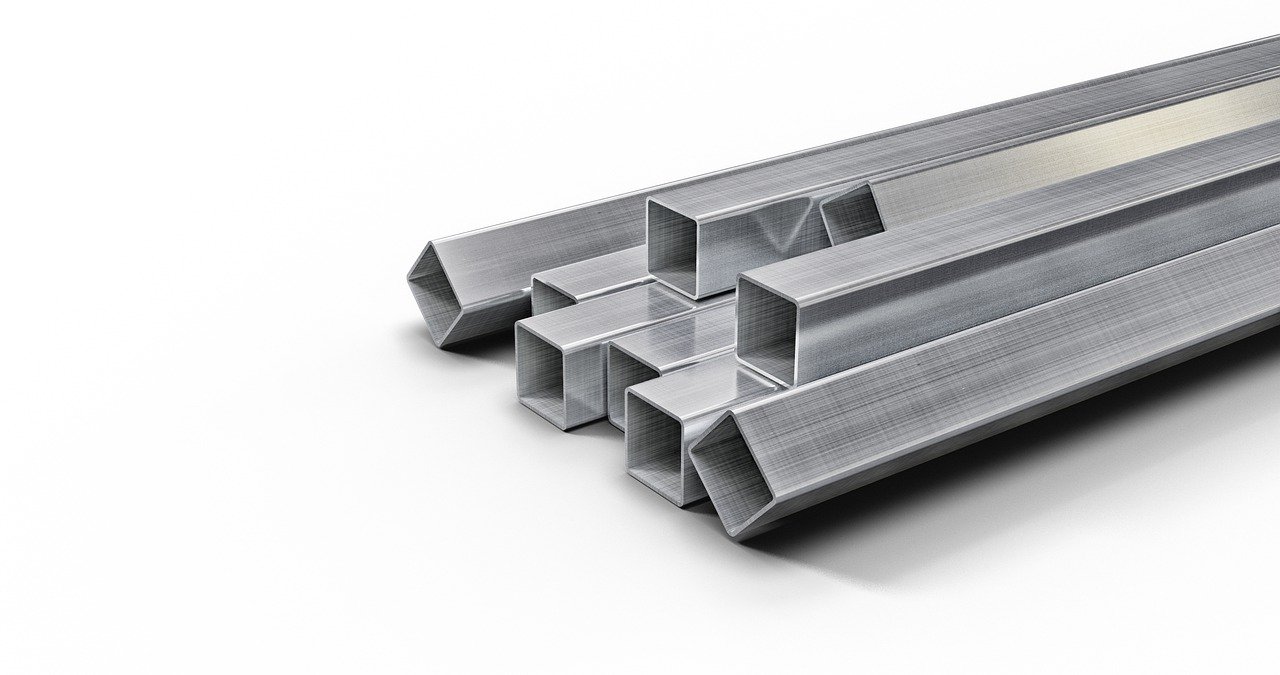Inconel Alloys VS Stainless Steel: Which is Stronger?

Are Inconel alloys stronger than stainless steel? That’s a frequently asked question. Which alloy is stronger depends on how one defines the word “stronger.”
Unfortunately, there are several ways to measure a material’s strength. You can measure strength by a material’s tensile strength, yield strength, hardness, or compressive strength. A material’s strength also depends on its formulation and treatment as well as its forming methods.
These processes can all boost a material’s strength. So, answering the question about whether Inconel alloys are stronger than stainless steel isn’t simple or straightforward.
Choosing Inconel or stainless when manufacturing a part, however, is critical to the success of the piece. The right choice provides enormous benefits for both the manufacturer and the end-user. The right material determines a part’s form, fit, and function. It also determines its production cost, the manufacturing capabilities to be used, and its overall look and feel. In short, it determines the part’s quality and lifecycle. The question you need to ask then, isn’t which material is stronger but which is better suited to the application you’ll be using it in.
Here’s a quick comparison of Inconel versus stainless steel to help answer the question of which is stronger:
Inconel 625® Vs Stainless Steel
| Alloy | Inconel 625® | 304 Stainless Steel |
| Tensile Strength | 103-160 ksi (714-1,103 MPa) | 73.2 ksi (505 MPa) |
| Melting Point | 2,350-2,460°F (1,290-1,350°C) | 2,550-2,650˚F (1,400-1,455˚C) |
| Operating Temperature | 1,800°F (982°C) | 1,697°F (952°C) |
| Corrosion Resistance | Resistant to oxalic acid and high-temperature oxidation | Excellent all-around resistance—though it’s vulnerable to chlorides and high-temp oxidation |
Considerations When Choosing Inconel Alloys
Inconel alloys are stronger than stainless steel at higher temperatures. They’re also resistant to oxidation and scaling. Well-suited for extreme environments, Inconel alloys are ideal for heating treating applications and other high-temperature processes. In fact, Inconel keeps its strength over a wide temperature range. This property makes it well-suited to replace aluminum and steel in applications where these materials would succumb to creep from thermally induced crystal vacancies.
While Inconel alloys vary widely in their compositions, they are all mostly nickel with some chromium added. They are also more expensive, harder to machine, and harder to work than stainless steel alloys. Inconel shouldn’t be confused with Incoloy. They are different materials with different properties.
Considerations When Choosing Stainless Steel Alloys
Stainless steel alloys, on the other hand, are iron-based with a minimum of chromium. This composition prevents the iron from rusting. It also provides heat-resistant properties. Three types of stainless-steel alloys exist— austenitic, ferritic, and martensitic. As with Inconel’s alloys, stainless-steel alloys contain different percentages of elements including carbon, aluminum, titanium, copper, and nickel.
Stainless steel’s low resistance to corrosion, low maintenance, and luster, as well as the absence of surface coatings and the ease at which it can be steam cleaned and sterilized, make it well-suited for a wide variety of applications. Its uses include cookware, cutlery, surgical instruments, major appliances, construction material in buildings, and industrial equipment.
Choosing Inconel Alloys or Stainless-Steel Alloys
Choosing whether to use an Inconel alloy or a stainless-steel alloy can be challenging. It’s not simply a question of which is stronger. Often, it’s much more complicated. Below are five questions you need to ask when choosing either material for an application.
- What type of environment will the part be used in?
- How much corrosion resistance will the part need?
- What kind of strength will the metal need to survive?
- What type of working/machining properties does the material have?
- What price point will we need to have the product at?
In short, the main deciding factors between Inconel and stainless steel are cost, temperature, and strength. Overall, Inconel is best suited for applications requiring superior strength and corrosion resistance at high temperatures. Stainless steel, on the other hand, is best suited for applications that need both strength and corrosion resistance but not to the extreme, including sterile manufacturing or medical instruments.

 Tech Steel & Materials
Tech Steel & Materials